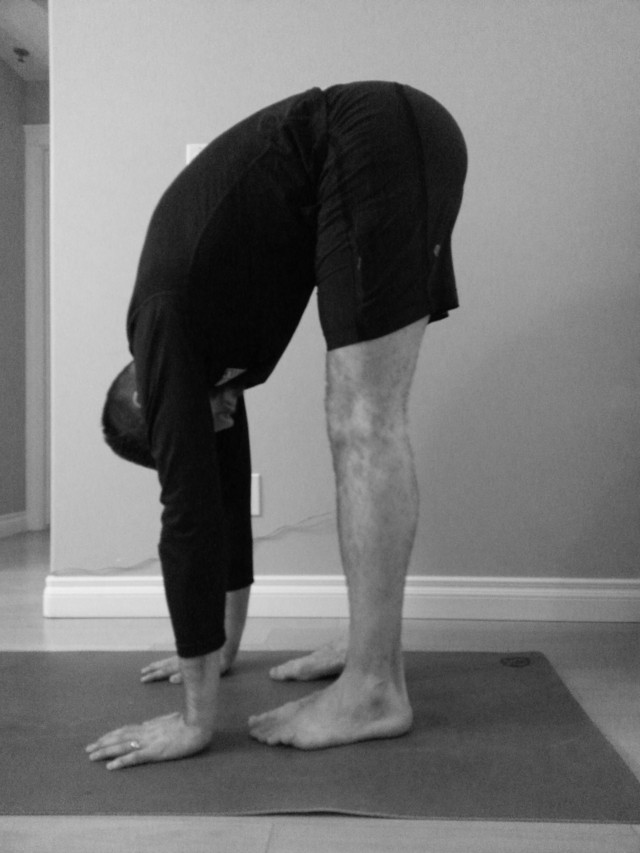Off-Season Preparation
I often get asked what I do when I’m not training during the fencing season, and I urge you to take a stab at what it might be. If you said, “eating an Oreo filled pie baked inside a Turtle Skor ice cream cake while washing it down with a strawberry milkshake” you were close. Well, as close as you would be comparing the buoyancy of a slab of granite to a feather. I wish I could eat a meal that would arguably top calorie charts, but the off-season for me is a slight bit more demanding than the regular season. The off-season is the perfect time for taking care of your body and preparing it for another grueling, demanding season. I take the time to rest my body first and foremost before tackling obstacles such as flexibility, general fitness, power through range of motion, and fencing specific strengthening.
After the last tournament of this past season, I immediately took two weeks off to recover from the many aches and pains that I had been enduring. During those two weeks I met with my nutritionist and my personal trainer to come up with a game plan for this summer so that when the fencing season starts up again, I’ll be in the best shape of my life and I’ll have a step up over the competitors who take a break from training. I made a gap analysis comparing where I am at today and where the champions are at and we devised a plan to bridge that gap day-by-day.
My advice to anyone who is eager to prepare for the upcoming season is, if you can afford it, go to a personal trainer and have them do an overall fitness test. This test will highlight strengths and weaknesses in your mobility, stability, and strength. With this information you can come up with a plan to take care of things that are likely to be limiting your performance or things that may lead to potential injury (tight hamstrings for example). Commonly in fencing I see two issues that if addressed, can drastically improve performance.
General Fitness
“Fatigue makes cowards of us all” – Vince Lombardi
I enjoy this quote because to me it represents the feelings of indecisiveness, hesitation, and self-doubt. These three feelings have, on their own, the capability to lose you matches. Indecisiveness could be that action you know is coming but you can’t decide whether to counter-attack or to parry and your opponent scores before you make up your mind. Hesitation could be that same action where you know you should counter-attack, but you’re opponent feigns a movement before committing to that action and the feint is enough to cause your counter-attack to arrive too late. Self-doubt could be that same action where you know you should counter-attack but you don’t know if you are fast enough to score the touch, meanwhile your opponent scores. Since the natural way to counter fatigue is general fitness, why not improve it as much as you can? Again, if it is within your means, consult a personal trainer.
Flexibility
Fencing can be a very physically demanding sport, and since the techniques put a lot of tension in our hips, hamstrings, and calves, it is important to maintain proper range of motion and flexibility. Throughout the fencing season our bodies get beat up, bruised, sprained, strained and sometimes even broken. The most common injuries are ankle and knee related, and they mostly stem from a lack of flexibility in the lower half of our body. With such a real risk of injury it makes sense to take care of your body and stretch out your muscle groups appropriately. The other important part of flexibility is that flexibility directly translates into speed. If your muscles have a full range of motion, there is nothing restricting them from expanding and contracting. Think of a long lunge, with proper flexibility you will be able to have a deep, balanced lunged that you can recover from almost as quick as you can launch it. If your hamstrings are tight, that lunge won’t cover as much distance, and the tightness from the hamstring can pull you off balance and make it harder to recover.
Take some time this off-season to reassess your goals. Take a look at where you are, and where you want to be by the end of next season. Develop a plan for yourself highlighting what steps you plan to take to reach your goal. Please feel free to share it with me either in the comments section of this blog post or email me at leland.guillemin@gmail.com. I would love to hear what you’re working on during the off-season!!!
Keep working hard and be kind to your body!
/leland

Excellent post! Well done!
Dad
Sent from my iPad
>
Thank you for pointing out this to me. I really like this post. I think this post be effective for anyone.
Thanks